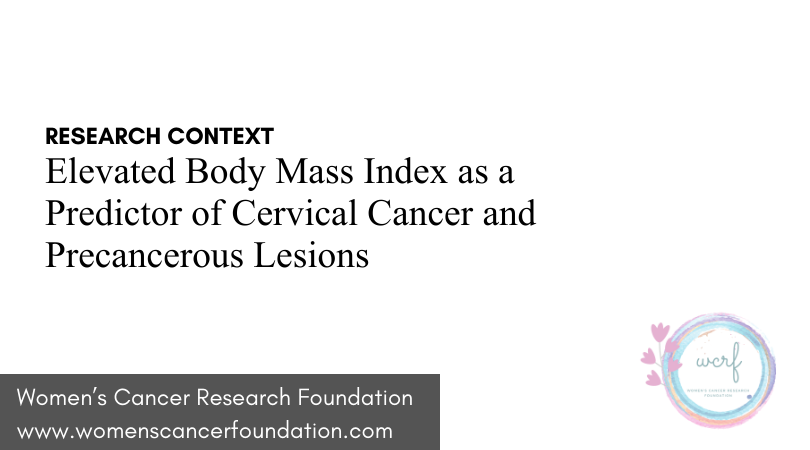The Future of Breast Cancer Screening
- Women's Cancer Research Foundation

- Jun 1, 2023
- 2 min read
Updated: Jan 12, 2024

Breast cancer is one of the most common types of cancer affecting women worldwide. Early detection is key to improving the prognosis and increasing the chances of successful treatment. Breast cancer screening is an essential tool for early detection, and it has been proven to save lives. However, like any medical test, it is not perfect, and there are limitations to what it can detect.
Breast cancer screening is an essential tool for early detection, and it has been proven to save lives.
Breast screening typically involves a mammogram, which is a type of breast X-ray used to potentially identify cancers that may be too small to detect. Although screening techniques have improved, a small number of cancers are still undiagnosed. Furthermore, some cancers found through screening won’t develop any further, or will grow so slowly they won’t cause harm. This can lead to patients undergoing unnecessary treatment, which can have negative physical, emotional, and financial impacts.
Although screening techniques have improved, a small number of cancers are still undiagnosed.
To address this issue, researchers are evaluating people’s breast cancer risk to better understand how to reduce it. By understanding someone’s risk level, we can provide tailored screening and prevention strategies. For example, women with a high risk of breast cancer may benefit from more frequent screening or preventative measures, such as taking medications that reduce the risk of breast cancer.
Women with a high risk of breast cancer may benefit from more frequent screening or preventative measures, such as taking medications that reduce the risk of breast cancer.
Researchers are also studying novel ways to identify women at high risk for aggressive types of breast cancer. For example, recent studies have shown that analyzing certain genes and proteins in the blood can provide information about the likelihood of developing breast cancer. This could lead to more personalized screening and prevention strategies, as well as earlier diagnosis and treatment for those who do develop the disease.
In conclusion, breast cancer screening is an essential tool for early detection, but it is not perfect. Researchers are working hard to better understand breast cancer risk and to develop more personalized screening and prevention strategies. By identifying women at high risk for breast cancer and detecting the disease earlier, we can improve outcomes and save lives. It’s important for women to discuss their breast cancer risk with their healthcare provider and to follow the recommended screening guidelines for their age and risk level.
About Women’s Cancer Research Foundation:
The Women’s Cancer Research Foundation (WCRF) is one of the most active research organizations in the nation. We are dedicated to studying and evaluating novel treatments for women afflicted with breast, ovarian, endometrial, and cervical cancers. The WCRF persistently endeavors to make a difference in women’s lives by offering them hope, strength, and progress.
Laguna Beach, CA 92651
PH: (949) 642-5165
Follow Us On Social Media:











Comments